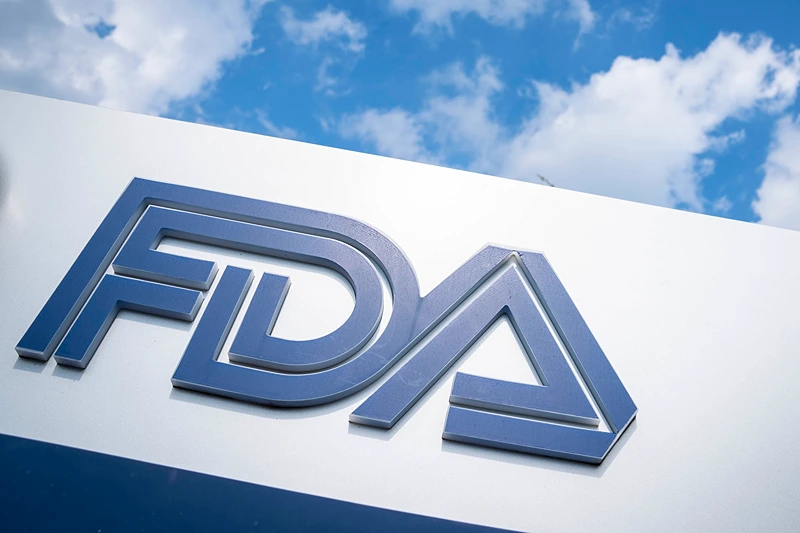
OAN Staff Brooke Mallory
12:37 PM – Monday, July 29, 2024
On Monday morning, the U.S. Food and Drug Administration (FDA) approved a blood test to screen for colorectal cancer in people who are considered to be at “average risk.”
The blood test is called “Shield,” and it is being manufactured by Guardant Health. Additionally, the test is already currently offered for sale, but being FDA-approved will now contribute to increased insurance coverage and availability.
As long as someone has an “average risk” of colon cancer, and they are also at least 45-years of age or older, the test is FDA-approved.
“What does average risk mean? For screening purposes, you are at average risk of colorectal cancer if you do not have:
- A personal history of colorectal cancer or certain types of polyps;
- A family history of colorectal cancer;
- A confirmed or suspected hereditary colorectal cancer syndrome, such as familial adenomatous polyposis (FAP) or Lynch syndrome (hereditary nonpolyposis colon cancer or HNPCC);
- A personal history of inflammatory bowel disease (ulcerative colitis or Crohn’s disease); or
- A personal history of abdominal or pelvic radiation for a previous cancer,” according to the American Cancer Society.
Experts caution that while the blood test is not a perfect substitute for colonoscopies, more people may get screened for it now since it requires less time and effort. Colonoscopies are advised every ten years as opposed to every three years for blood tests since they are more accurate in detecting cancer.
“The false positive rate of the Shield test is about 10%, and it only found 13% of large polyps as compared to 95% with a colonoscopy in a clinical trial,” ABC News reported.
Shield uses blood sample DNA released by lesions to identify colorectal cancer. After the laboratory receives the samples, it takes roughly two weeks to get the results.
Nevertheless, colonoscopies are still regarded as the gold standard for colorectal cancer screening, and Shield is not the first blood-based screening method available.
The FDA advisory group, the Medical Devices Advisory Committee (MDAC), suggested earlier this year that the test be approved by the federal health body. FDA clearance isn’t always a given, although the agency typically concurs with its advisors.
Shield was reported to have an 83.1% sensitivity rate in clinical trial data that was published in The New England Journal of Medicine. This means that 83.1% of patients with colorectal cancer that was discovered by a colonoscopy tested positive on the Shield blood test. Additionally, its specificity rate was 89.9%, meaning that 89.9% of individuals who did not have cancer had a negative blood test result.
Even with its high overall sensitivity rate, Shield may miss 1 in 1,000 cases of malignant lesions and 1 in 10 cases of precancerous lesions, according to the data.
Clinical data suggests that these “false negatives” could lead to tests that reveal no malignant lesions when, in fact, patients have precancerous or cancerous lesions.
Despite the MDAC members’ worries regarding false negative results, the committee concluded that the test was safe and effective and that there were more advantages to using it than disadvantages.
“The FDA approval of the Shield test is a significant victory for patients and an important milestone in Guardant Health’s mission to conquer cancer with data. Shield can help improve colorectal cancer screening rates so we can detect more cancers at an early stage, when they are treatable,” said AmirAli Talasaz, Guardant Health’s co-CEO.
“We are now getting ready to launch this test in the near future and are very excited to empower physicians with a viable blood-based screening option to tailor the screening regimen to the unique needs of their patients,” he added.
Stay informed! Receive breaking news blasts directly to your inbox for free. Subscribe here. https://www.oann.com/alerts

